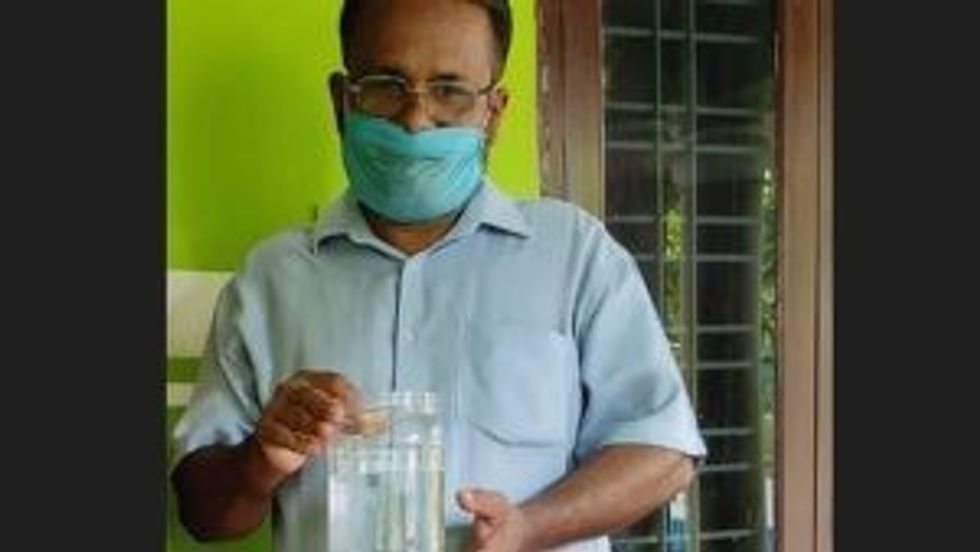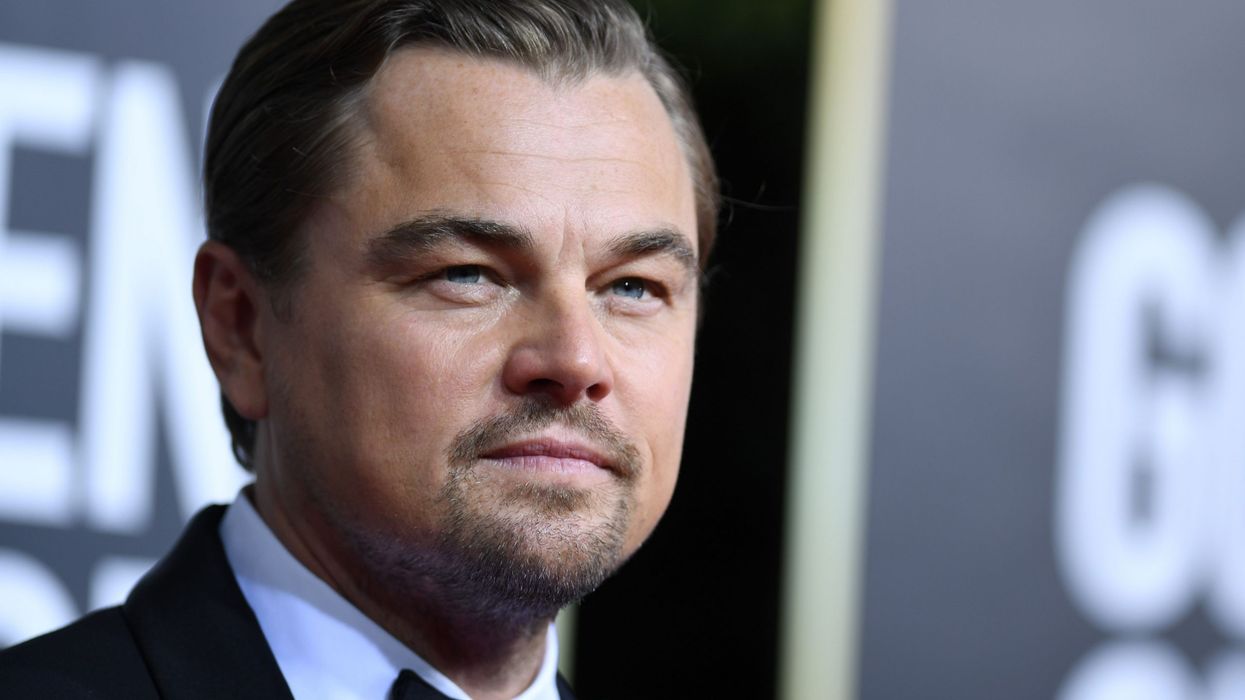An Indian man named Abraham A, a former paramilitary soldier from Kerala made a remarkable discovery in 2020. While taking a bath, he noticed a peculiar “red thread in the bucket.” To his surprise, the thread was moving, prompting him to investigate further.
He placed the mysterious creature, later identified as a new species of subterranean freshwater fish called Pathala Eel Loach, inside a glass jar, the BBC reported.
The fish gets its name from "Pathala," a Sanskrit word, meaning "below the feet," suggesting its subterranean habitat.
This small, snake-like species thrives in aquifers, extensive layers of permeable rock, and sediments that serve as reservoirs for groundwater.
Intrigued by his discovery, Abraham sought help from a local college professor, Dr Binoy Thomas, who connected him with researchers at the Kerala University of Fisheries and Ocean Studies (Kufos) for identification.
Over the following weeks, four more fish from the same species were found in Abraham's well and water tank.

The significance of this finding was brought back into the spotlight when Hollywood superstar Leonardo DiCaprio, known for his environmental activism, praised Abraham's discovery on Instagram.
DiCaprio emphasised the importance of citizen science in exploring unknown underground ecosystems, showcasing how simple daily activities can lead to groundbreaking discoveries.
Dr Rajeev Raghavan, an assistant professor at Kufos, informed that India is home to approximately 17-18 species of such fish, with at least 11 of them being found in Kerala.
These fish are unique as they are exclusively found in places like India, China (which boasts the highest number of groundwater fish), and Mexico.
Dr Raghavan explained that due to these fish's presence in groundwater, the only way to catch them is when they accidentally emerge through taps.
The aquifers, which link to wells, occasionally reveal the fish when the wells dry up during summer.
Kerala boasts the highest density of homestead wells in India, housing nearly seven million structures in the state's highland and midland regions.
In Abraham's case, the fish may have migrated from the groundwater into the well and subsequently reached the water tank on the roof before finally ending up in his bucket through the tap.
Before the 1950s, little was known about fish living in groundwater, and it was only in 2015 that Kufos confirmed their existence in Kerala.
Subsequently, the university launched a Citizen Science Network to raise awareness and collect specimens of the 11 known species, including the newly discovered Pathala Eel Loach.
This discovery is significant not only for scientific purposes but also from an evolutionary standpoint.
Groundwater fish, including the Pathala Eel Loach, are considered ancient, with one of the species found in Kerala tracing its origins back 125 million years – a time when dinosaurs roamed the Earth.
For Abraham, the discovery was already meaningful, but DiCaprio's acknowledgment made it even more special.
He expressed his elation and happiness at being recognised by such a prominent figure.
Thanks to citizen science and the collaborative efforts of researchers and curious individuals like Abraham, new insights into the world's natural wonders continue to be unveiled.




